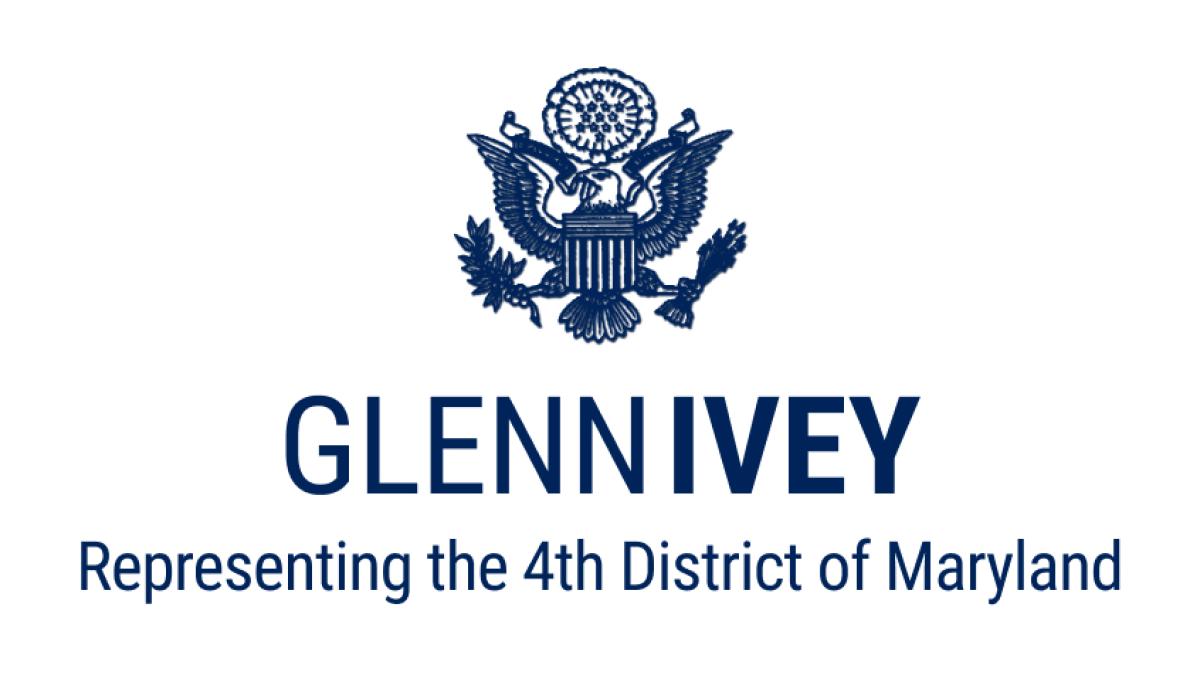Congressman Glenn Ivey Announces Re-Introduction of the George Floyd Justice in Policing Act

FOR IMMEDIATE RELEASE
September 15, 2025
Contact: Ramon.Korionoff@mail.house.gov
202-941-1956, cell
Washington, D.C. — Today, Congressman Glenn Ivey announced the introduction of the George Floyd Justice in Policing Act, a transformative piece of legislation designed to hold law enforcement accountable, improve transparency, and advance public safety.
The bill builds upon national calls for justice and seeks to restore trust between law enforcement and the communities they serve. It does so by strengthening accountability in the courts, improving data and transparency, and reforming training and practices that directly affect how policing is carried out on the ground.
“The George Floyd Justice in Policing Act represents a meaningful step toward reimagining public safety. It reflects our collective demand for change while ensuring that law enforcement is both effective and accountable,” said Congressman Glenn Ivey.
Holding Police Accountable
This legislation sets a new standard for transparency, accountability, and trust between communities and law enforcement, aiming to prevent further injustice and to honor the memory of George Floyd and countless others. It also:
- Amends the mens rea standard in federal law, lowering the threshold under 18 U.S.C. Section 242 from “willfulness” to “recklessness,” making it easier to prosecute misconduct.
- Reforms qualified immunity to ensure individuals can seek justice when constitutional rights are violated.
- Expands the Department of Justice Civil Rights Division’s ability to investigate systemic misconduct by granting subpoena power and supporting state attorneys general in launching pattern-and-practice investigations.
- Incentivizes states to create independent investigations for deaths involving officers.
- Builds on the Obama Administration’s 21st Century Policing Task Force recommendations to set nationwide best practices.
Enhancing Transparency
- Establishes a National Police Misconduct Registry to prevent officers with records of misconduct from simply moving jurisdictions to avoid accountability.
- Mandates state and local departments to report disaggregated data on use-of-force incidents, including race, sex, disability, and age.
Reforming Training and Practices
- Ends racial and religious profiling in policing.
- Requires training on racial bias and a clear duty to intervene.
- Bans chokeholds, carotid holds, and no-knock warrants in drug cases.
- Changing the standard for evaluating law enforcement use of force from “reasonable” to “necessary.”
- Places limits on transferring military-grade equipment to state and local agencies.
- Expands use of body-worn cameras, mandating federal uniformed officers wear them and requiring state and local agencies to allocate federal funds for their own use.
- Award grants to communities developing new models of public safety.
Members of the Floyd Family and a prominent attorney added their thoughts on the reintroduction of the bill.
“We are grateful to Congressman Glenn Ivey and his colleagues for reintroducing the George Floyd Justice in Policing Act. Nearly five years after George’s life was taken, our family continues to grieve but we also continue to hope. This legislation carries his name because it represents more than just his memory; it represents a call for real change so that no other family has to suffer the way we have. We urge Congress to act with the courage and compassion this moment demands and finally deliver accountability, transparency, and justice in policing across America,” said Philonise and Keeta Floyd (George Floyd’s brother and sister-in-law).
“Thank you, Congressman Glenn Ivey and your colleagues, for your steadfast leadership in reintroducing the George Floyd Justice in Policing Act today; this moment marks a critical step toward confronting systemic injustice and demanding real accountability in law enforcement, and I am deeply grateful for your commitment to building a safer, more just America for all,” said Attorney Ben Crump.
For a full list of the 122 Cosponsors in the 119th Congress: Click Here
###